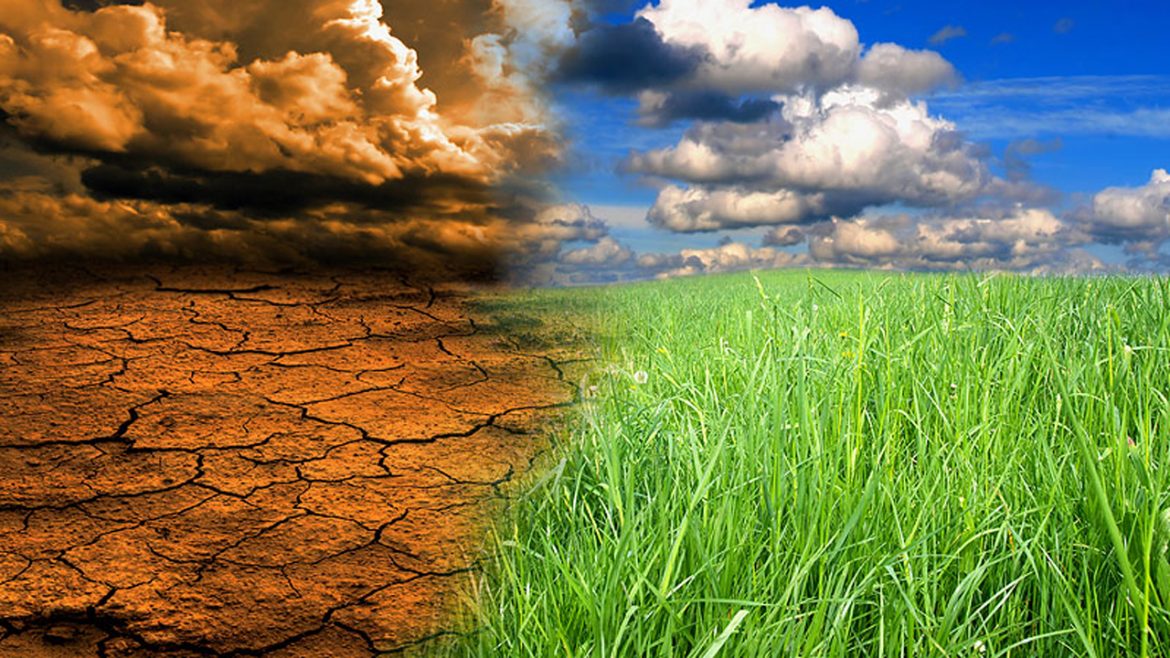The Nigerian Government has reiterated its commitment to addressing the challenge of managing climate change for a better climate condition, stating it is currently spending 9% of the GDP on projects directly addressing climate change.
Minister of Humanitarian Affairs, Disaster Management and Social Development, Sadiya Umar Farouq disclosed this at the 2022 edition of the National Migration Dialogue in commemoration of International Migrants Day, organised by the National Commission for Refugees Migrants and Internally Displaced Persons in collaboration with the International Organisation for Migration in Abuja yesterday with the theme, “Accelerating Climate Adaptation in Displacement and Human mobility in Nigeria.’’
She noted that in 2021, Nigeria became the first country in Africa to design a detailed Energy Transition Plan, with a view to delivering universal access to energy by 2030, and promised the country will continue to take decisive steps to mitigate the impact of climate change, emphasising that climate change is not an isolated phenomenon and every country has to play its role in order to secure the world’s climate future.
“In 2022, Nigeria has experienced devastating floods, which have affected no fewer than 33 states, displacing at least 1.4 million people, while destroying thousands of hectares of farmland and causing about 600 deaths. Climate events such as these have been on the increase in recent years and the need to accelerate adaptation to these issues cannot be overemphasized,” said Farouq who was represented at the event by the Deputy Director of Disaster Management at the ministry, Abubakar Suleiman.
Read also: FG to spend N97 billion on flooded roads
She further stated that Nigeria has adopted various adaptation techniques at the Federal and State levels, such as the reclamation of the land lost to coastal erosion in Lagos and the Kano Relocation Project, where at least 800 households residing in flood-prone areas were relocated to safer areas.
“Climate events such as these have been on the increase in recent years and the need to accelerate adaptation to these issues cannot be overemphasized. I expect that this dialogue would assess these techniques and also identify new methods which can be adopted to strengthen our resilience in dealing with climate events as well as better manage displacement and human mobility issues,” she said.
Also, the Federal Commissioner of, National Commission for Refugees, Migrants and Internally Displaced Persons, Imaan Suleiman-Ibrahim said the 2022 theme, is aptly designed to interrogate the impact of Climate Change and Climate events on various communities across Nigeria, as well as existing Adaptation efforts by Government and the local population to cope with these events.
She said it is expected that the national Migration Dialogue will assess the government’s interventions in response to these challenges with a view to charting a course towards an all-of-society approach at addressing the impact of climate change.
Story was adapted from VON.
